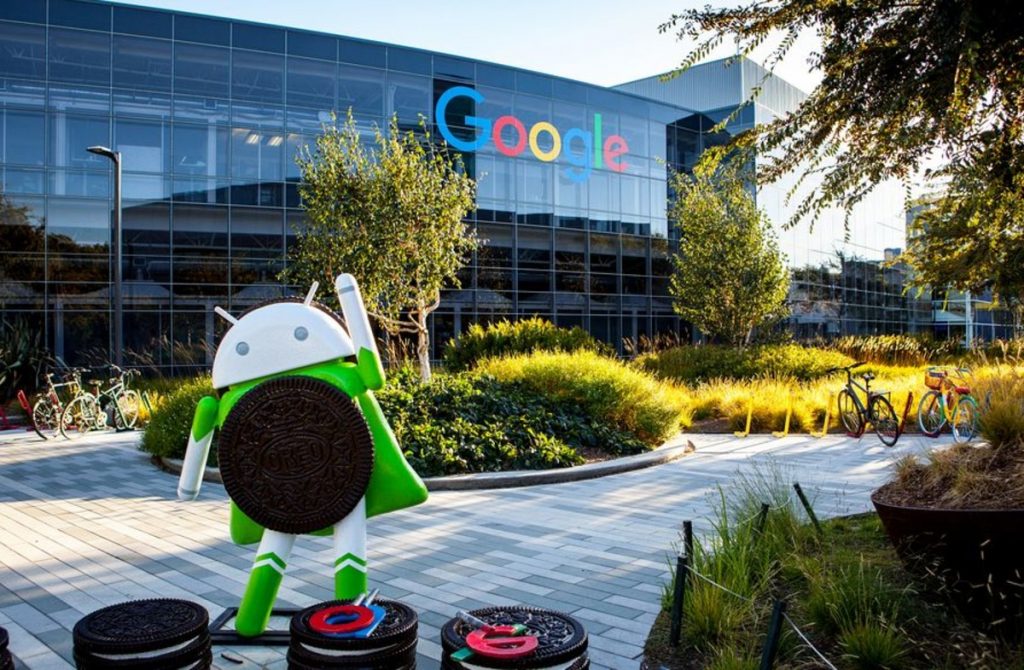On Tuesday, The Justice Department of US has filed a lawsuit against Google that its search and advertising empire violated federal antitrust laws.
A year long investigation concludes that company unlawfully blocked out competitors by reaching deals with phone makers including Apple and Samsung to be the preset, default search engine on devices.
Arkansas, Florida, Georgia, Indiana, Kentucky, Louisiana, Mississippi, Missouri, Montana, South Carolina and Texas; Republic attorneys general of these eleven states are joining the lawsuits.
The Justice Department urged the court to consider a requirement that the company sell a portion of its business and cease other practices that federal regulators see as harmful and unlawful.
Google on Tuesday rejected the government’s claims and defended it’s business practices, argued that it’s consumers still have the choice to use other online offerings.
In the past also Google has faced scrutiny from federal regulators, in 2013 the Federal Trade Commission wrapped up a two-year investigation into Google after allegations of biased search results.
This lawsuit heavily criticizes Google’s business contracts and says the tech giant “locks up” search distribution on Android, which powers almost nine out of every 10 smartphones shipped globally.
Google pays iPhone maker $8 billion to $12 billion in ad revenue a year to make default Google search. This is the biggest smartphone deal and is beneficial for both the companies. This deal contributes for 15% to 20% of Apple’s annual profit and almost half of Google’s search traffic came from Apple devices.
MARKETING Magazine is not responsible for the content of external sites.









